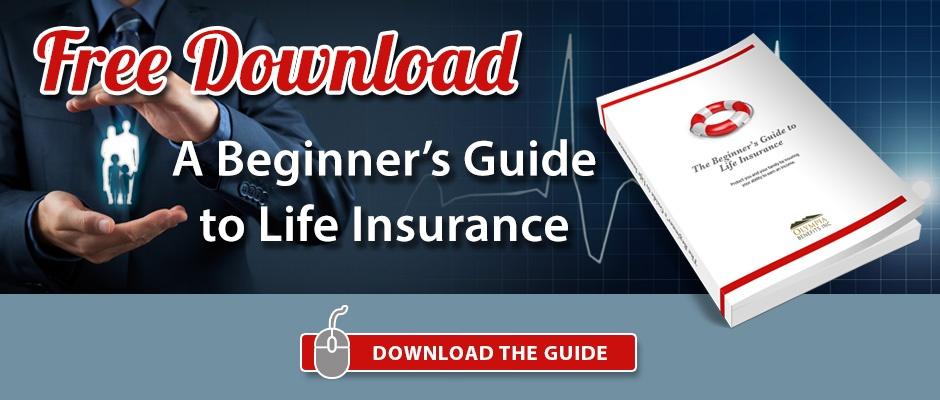A small business needs various types of insurance coverage, prominent among them being business liability insurance, and other types of coverage more directly related to the operation of the business. But life insurance is at least as important.
It can be a little more complicated to determine the right amount of life insurance for a small business owner. If you die as an employee for example, the arrangement dies with you and there are generally no complications that might compromise the financial security of your family and other survivors. But a small business usually involves various business engagements that don’t necessarily terminate upon your death. Those need to be covered.
The need for life insurance by a small business owner is generally better served through the use of term policies. They’re less expensive and less complicated than insuring with permanent life insurance.
Some of the small business owner's need for life insurance is personal needs for family and dependents – just as it is for everyone else. And part of it will be specific to certain business needs. But how much life insurance does a small business owner need?
Enough to cover your family in the event of your death
Like anyone else who has dependents who rely on his or her income, a small business owner needs sufficient life insurance coverage to enable the family to survive in the event of their death. Term life insurance policies generally work the best for this purpose. This is especially true if the business owner is young, when the need for life insurance is the greatest but the ability to pay is limited.
By using term life insurance, you can get the greatest amount of coverage for the premiums paid. This will enable your survivors to afford the best chance of preserving their lifestyle upon your death.
You can also add term policies, or term riders, to cover specific financial needs. For example, you can use term life insurance to pay off the mortgage on your home in the event of your death. This will immediately lower monthly living expenses for your survivors, leaving the balance of the insurance to take care of other financial needs.
You can also use term life insurance policies to ensure against certain business needs.
Term insurance to cover business liabilities
Whether you have partners in your business, or your family will inherit your business upon your death, you can use term insurance to help ensure that the business will remain a going concern even when you’re gone.
You can set up term insurance that will pay off certain business debts and earmark specific amounts of money to cover the transition following your death. You can maintain term policies for these and other purposes for as long as they are needed.
Your business will be compromised by your death. Using term life insurance to strengthen the company’s financial position, you’re helping your survivors to keep the business going in your absence.
Term insurance to buy out a deceased partner’s equity stake
If you have a partner or partners in your business, you should look at having a term life insurance policy on each in the event of their death. This arrangement will enable you to continue the business in the absence of one of your partners.
These arrangements are sometimes called "buy/sell agreements" and many partnerships and incorporated small businesses have them in place to ensure that the business will survive the death of any of the partners. The agreements are typically funded with life insurance policies, so that the funds will be available to buy out the deceased partner’s interest from his or her survivors.
Key man life insurance for important employees
So far we’ve been talking about life insurance policies as they relate to business owners, but as a business owner you can also take out a life insurance policy on important employees. This is often referred to as "key person life insurance". It is taken out because the death of the important employee – or “key person” – could result in severe impairment to the business overall. This gives you, as the owner of the business, an insurable interest in your employee.
Consider a small business that employs a salesperson who is the source of a large share of the company’s total revenues. The death of this employee could not only hurt the business, but it can also cause it to fail.
At a minimum, the small business owner will need to have a life insurance policy on the key person in an amount sufficient to cover the transition period that will be required in order to find a replacement for the departed salesperson.
The next time you’re considering what kinds of insurance that you’ll need for your small business, don’t overlook the importance of term life insurance. It’s not just your life that you’ll be insuring, but sometimes it may be the lives of business partners and key employees who are essential to the success and survival of your business.
Interested in learning more about Life Insurance and how it can protect your family? Download our free ebook: The Beginner's Guide to Life Insurance.







